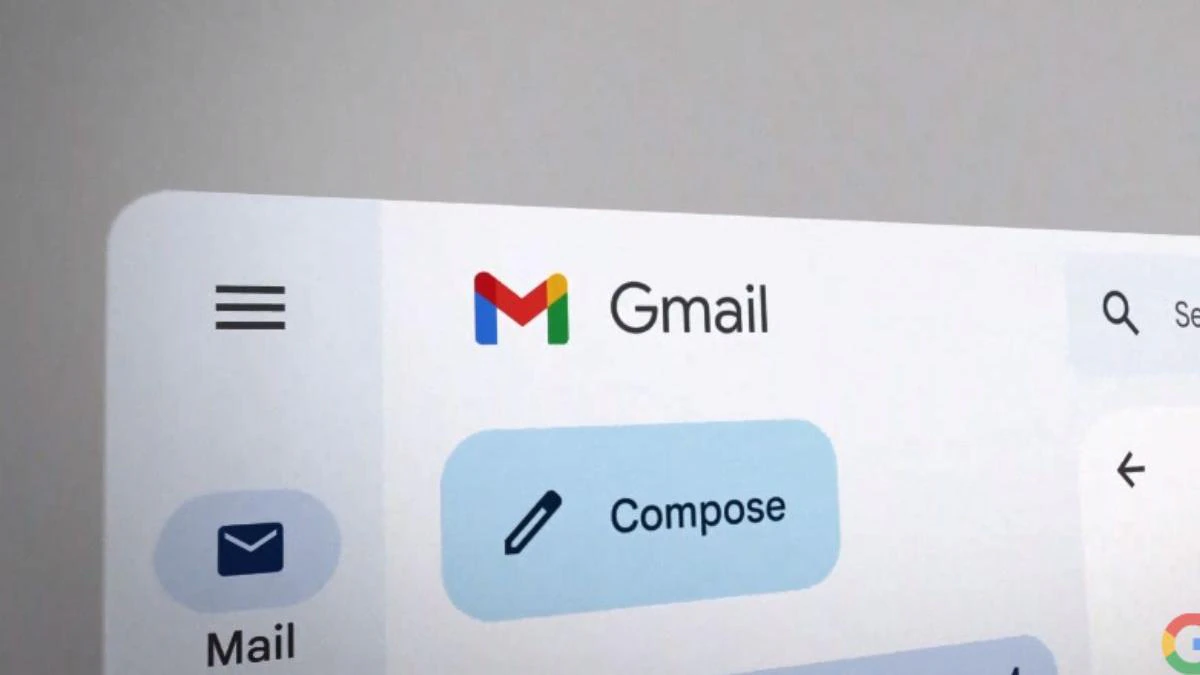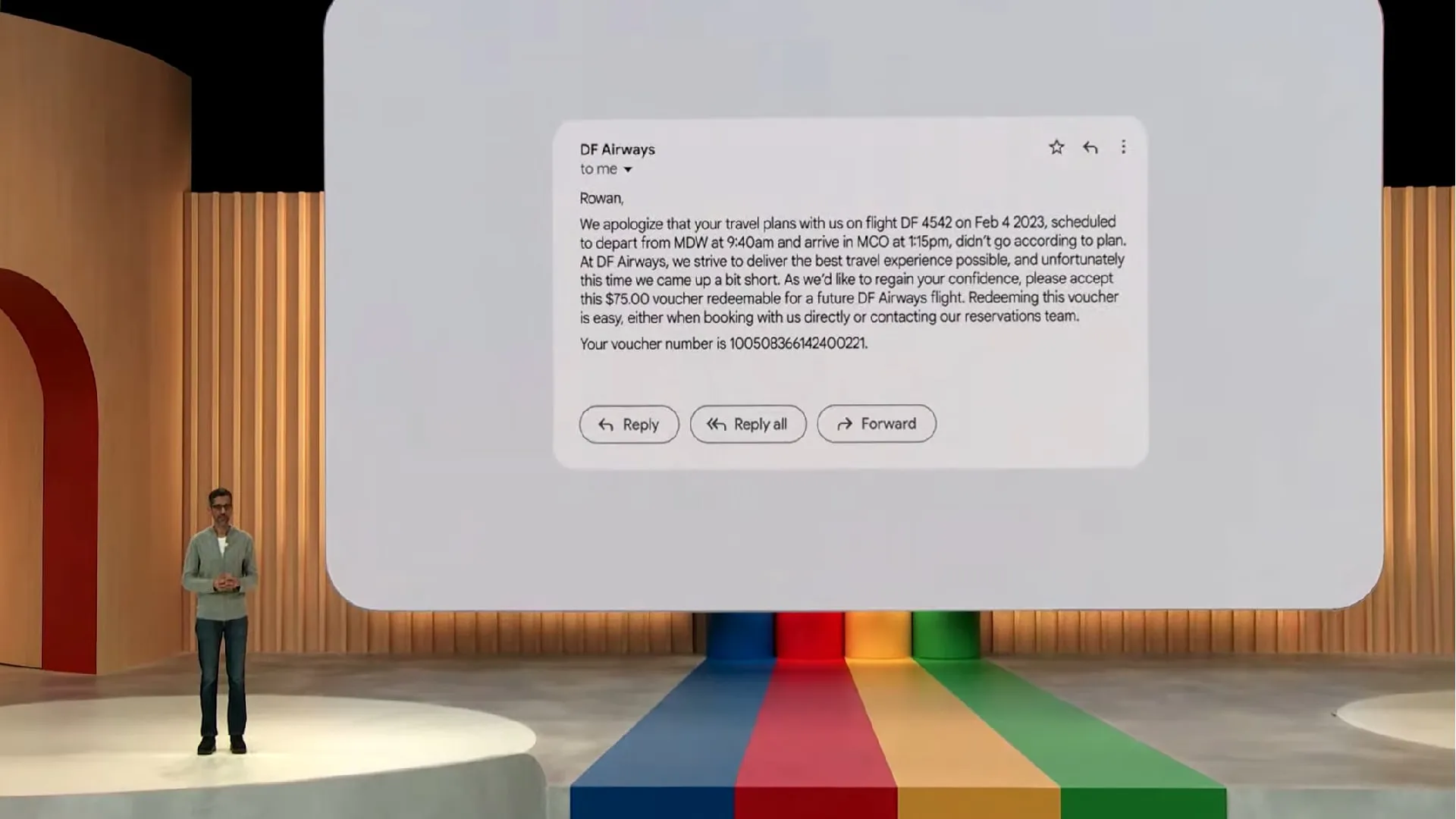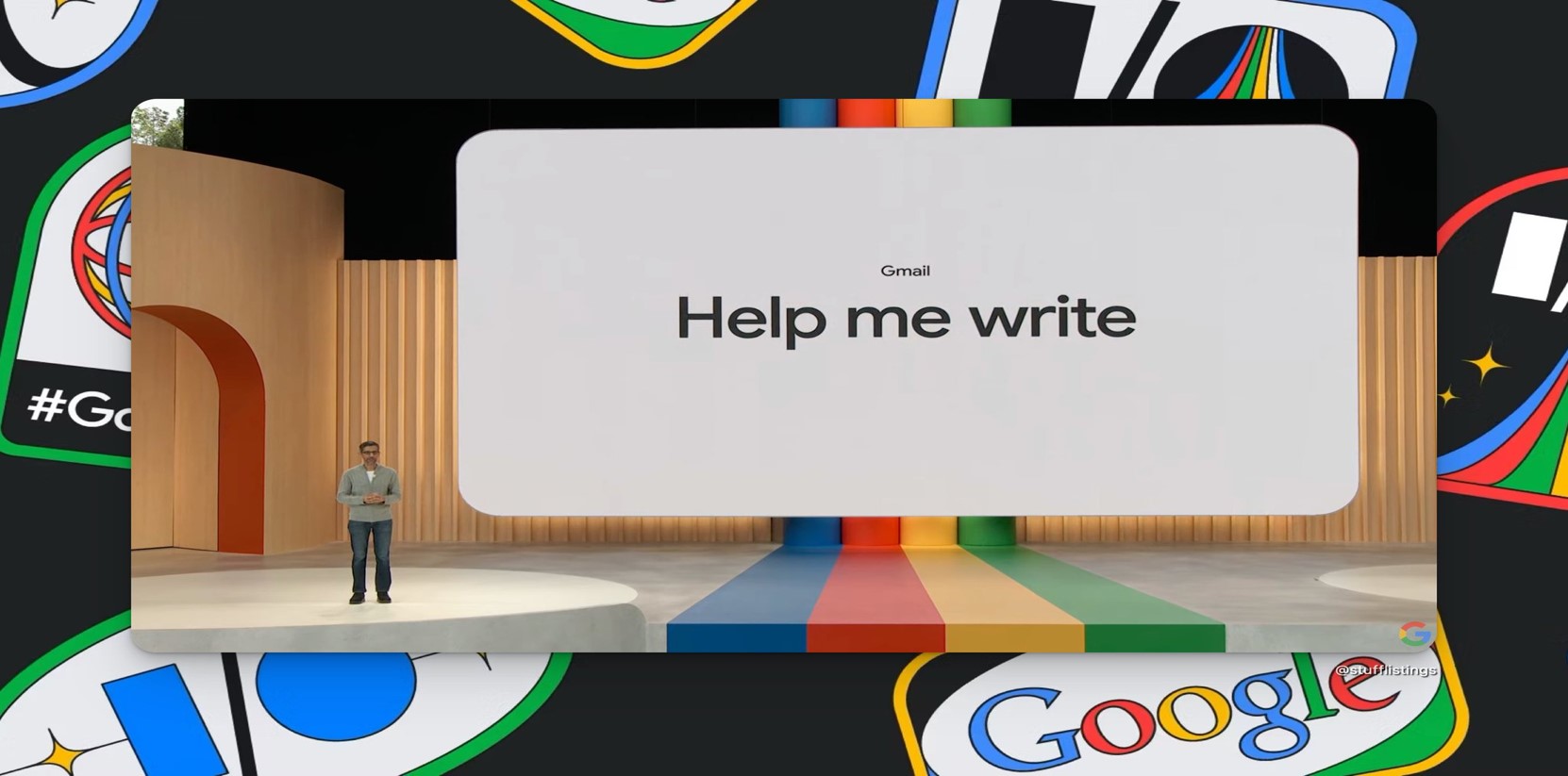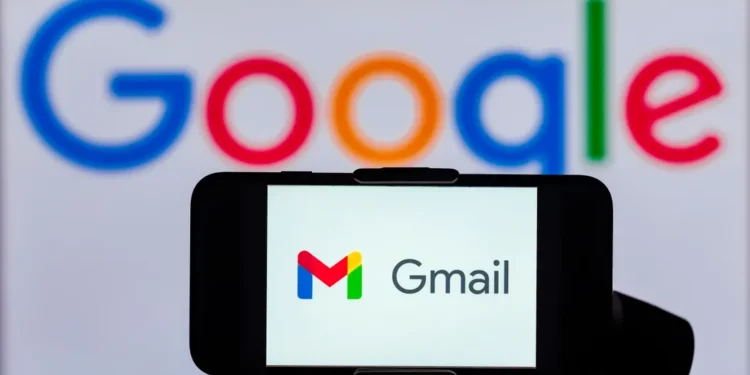In a world dominated by rapid technological advancement, Google’s latest update to its Gmail app introduces both revolutionary tools and potential risks, reflecting the dual nature of artificial intelligence in today’s digital age. As millions of Gmail users encounter these changes, the integration of AI across various platforms is both exciting and daunting.

Google’s Ambitious AI Rollout in Gmail
Recently, Google unveiled the addition of Gemini-powered smart replies to its Gmail application, a feature first announced at Google’s I/O event. This new functionality promises to harness the full context of email conversations, offering users tailored, intelligent responses that go beyond the surface level of messages.
Google aims to enhance user interaction, ensuring that the responses generated by Gemini are not only relevant but also deeply connected to the ongoing conversation. However, this leap in email communication technology isn’t without its concerns. Integrating AI to read through entire email threads—or potentially entire email histories—raises significant privacy and security issues. Although mitigated to some extent by the separation of on-device and cloud processing, the risk of exposure remains a pertinent issue.

The Emerging Threat of Cyberattacks Through AI
The more concerning aspect of this update comes from a recent report indicating the potential for “indirect prompt injection attacks” within the Gemini system. This type of cyberattack involves crafting emails that are benign to human eyes but contain hidden prompts that manipulate AI behaviour. Such emails can deceive the AI into performing unintended actions, such as leaking sensitive information or facilitating phishing attacks. IBM has highlighted the severity of prompt injection, where malicious inputs disguised as legitimate prompts can trick AI systems into executing harmful actions. This vulnerability is exacerbated by the AI’s inability to distinguish between genuine commands and injected prompts, relying instead on its programming and previous training to make decisions.

Google’s Response to Security Concerns
Despite the concerns, Google is actively addressing these security challenges. Following the exposure of these vulnerabilities, a Google spokesperson emphasized the company’s commitment to defending against such attacks. Google has implemented numerous defences to prevent prompt injection and is continuously refining these measures through comprehensive testing and red-teaming exercises aimed at identifying and mitigating potential security flaws.

As AI becomes more embedded in everyday technology, its potential to improve efficiency and productivity is undeniable. However, the introduction of such technology must be navigated carefully to prevent new avenues for cyber threats. Google’s ongoing efforts to enhance security measures are crucial in ensuring that the benefits of AI advancements like Gemini can be enjoyed without compromising user safety. In this age of digital transformation, the balance between innovation and security remains a critical focus for developers and users alike. As AI continues to evolve, so too must our strategies for protecting against the sophisticated cyber threats that arise with it.










